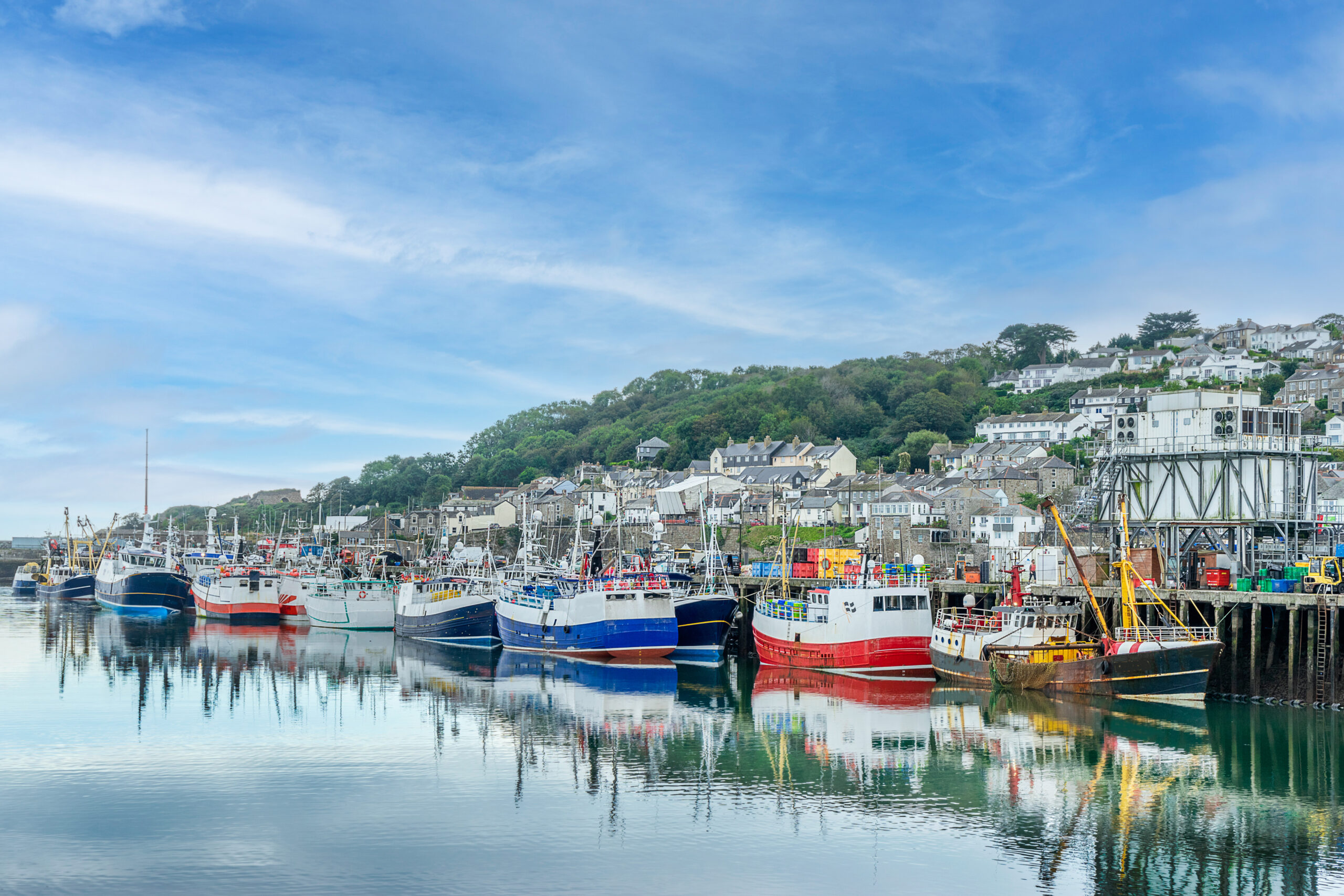Over the past seven years, a collaborative project supported by the Marine Stewardship Council called Project UK to improve UK fisheries has been summarised in a recent report.
The report describes Project UK as “the overarching banner under which many stakeholders deliver fishery improvement work through robust Fishery Improvement Plans (FIPs) … through collaboration, the best scientific approaches, and innovative solutions.”
Since 2017, Project UK has supported six Fishery Improvement Projects (FIPs) covering king scallops, monkfish, lemon sole, plaice, crab, European lobster, and Nephrops (also known as Dublin Bay prawns). The first four improvement projects began as part of ‘Round 1’ in 2017, with two of them – North Sea Plaice and Lemon Sole, and South West Brown Crab and European Lobster – finishing in 2023. A further two projects began in Round 2 in 2019, and all remaining projects for both rounds ended this year, in 2024. Project UK worked directly with fisheries to help them become more sustainable over time and has represented a total fisheries value of £177m of UK landings.
In addition to working with fisheries, Project UK FIPs have been involved in at least 25 novel research projects or reports, with findings that have redefined stock boundaries (within UK scallop fisheries, for example) and highlighted habitat considerations for sustainable fishing (such as work undertaken within the UK Nephrops FIP).
From Collaboration to Policy Development
The Project UK reports published since it began, have documented how collaboration can lead to practical, multi-stakeholder-informed policy at the national level. The Crab and Lobster FIP, for example, hosted industry-led workshops to generate ideas and content that fed into policy consultations, helping to shape and support the resulting Fisheries Management Plans (FMP). Project UK also submitted formal responses to other key FMP consultations, demonstrating the valuable outputs from the project and contributions towards the policy development process for UK fisheries.
The report documents that throughout its seven years, it has worked with 222 individuals across the UK, 101 partners including retailers such as Lidl and Tescos, and 25 funding partners to raise almost £1.5m for Project UK. In addition, 52 score improvements have been achieved since 2017.
The report details the Round 1 FIP work, human rights and social responsibility requirements, details of the Round 2 FIPs alongside the looking ahead to Round 3.
Mike Park, OBE, the CEO of the Scottish Fisheries Sustainable Accreditation Group said: “We’ve been involved in Project UK from day one because this journey of step-by-step improvement, and ultimately the ideal of reaching a certified product, is absolutely essential to the Scottish fleet – as stewards of the resource and as a constellation of seafood businesses. Sustainability is everything.”
“This is how we future-proof Scottish fishing, by continuously evolving our understanding of the environment we operate in, and working to match the expectation of the supply chain.”
Several FIPs had an action to improve fisher identification of endangered, threatened or protected (ETP) species. Funded by Project UK, and with expert input from WWF, Shark Trust, Nature Scot, Natural England, Seafish, and the fishing industry, comprehensive species ID guides and posters that fishers could use in conjunction with reporting tools were created. These resources were then sent for distribution across the fishing vessels operating in each FIP, with digital versions available for download.
Looking ahead
While significant progress has been made across the Nephrops FIP, many actions still remain and key members of the Nephrops FIP Steering Group have come together to announce their intention to enter the ‘In-Transition to MSC’ programme before the end of the year. This improvement programme supports fisheries to make measurable and independently verified progress towards MSC certification, demonstrating the fishery’s ongoing commitment to achieving MSC certification.
Project UK is preparing to launch a third round of Fishery Improvement Projects (FIPs) following the success of Rounds 1 and 2. These new projects will focus on species like Dover sole, lemon sole, plaice, and brown crab in various UK regions, including the South West, North Sea, and West of Scotland. Significant groundwork has been done, including pre-assessments and draft Action Plans. Moving forward, Project UK aims to work more closely with industry representatives, allowing them to lead projects with support and funding from the Marine Stewardship Council (MSC). Outreach and technical updates are currently underway to finalise these plans.
Beshlie Poole from the South Devon and Channel Shellfishermen’s Association reflected on the increased influence that the South West Crab and Lobster fishery was able to have on policy setting: “Brown crab and lobster has long been ‘the poor relation’ in terms of national policy and the FIP has certainly contributed to highlighting the importance of both species. Project UK has been incredible and innovative in terms of engaging with our fleet in ways which work for them – a rare approach – which has gone a long way toward restoring faith that people who talk about management are also able to listen.”
